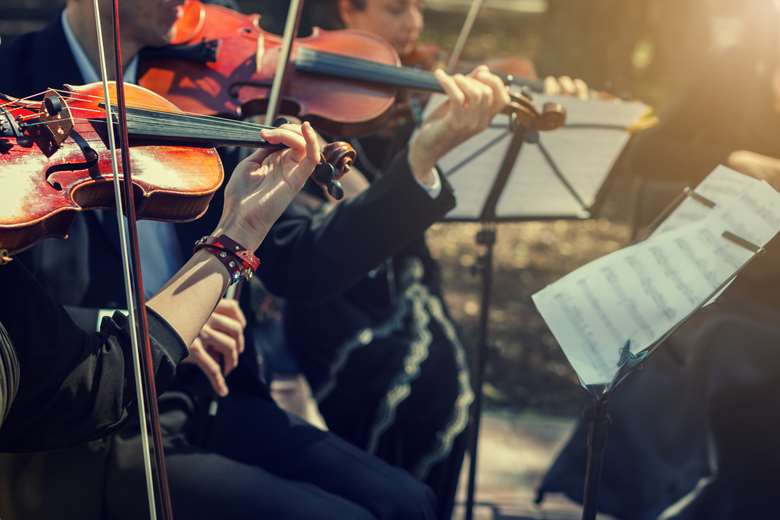The impact of COVID-19 on freelance orchestral musicians in the UK
Dr Susanna Cohen & Professor Jane Ginsborg
Wednesday, October 20, 2021
Through a series of interviews, Dr Susanna Cohen & Professor Jane Ginsborg explore the many ways the pandemic has affected musicians.


Register now to continue reading
Don’t miss out on our dedicated coverage of the classical music world. Register today to enjoy the following benefits:
- Unlimited access to news pages
- Free weekly email newsletter
- Free access to two subscriber-only articles per month